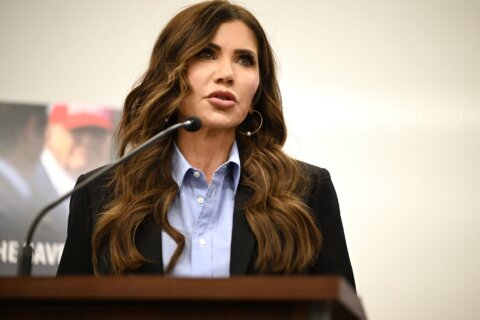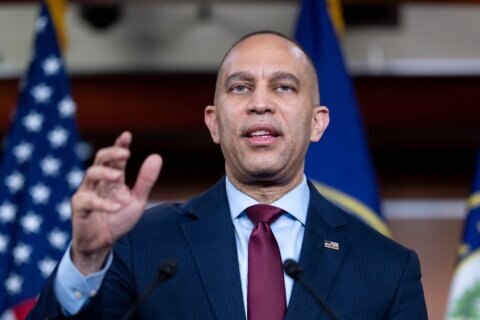WASHINGTON — How responsible is a website for the personal information it posts about you? The Supreme Court on Monday will hear a case that pits a Virginia man against a tech company over just that question, in a case that privacy-rights supporters and Silicon Valley are watching closely.
The case, Spokeo Inc. v. Robins, began when a Virginia man sued the company, which sells profiles drawn from available online data, saying that Spokeo had inaccurate information in his profile.
Thomas Robins’ Spokeo profile said he had a graduate degree, was employed and was married with children. None of that was true. It also said he was in his 50s; he was 29 at the time, the Los Angeles Times reports.
The question at hand is whether Robins suffered any actual harm from the errors. He says that the false information hurt him in his search for work, and claimed that Spokeo was subject to the Fair Credit Reporting Act, which prescribes penalties for credit reporting agencies that present false information because of the harm that such mistakes can cause. He says that the company markets its reports to employers and law enforcement, so it should be considered to be under this law, the American Bar Association Journal says.
Spokeo says that it’s not covered under the Act, and that its information shouldn’t be used for such purposes. It also sought to get the suit thrown out at the very start, in federal district court, by saying that Robins couldn’t sue because he couldn’t prove he’d suffered actual harm.
The company won in district court; the 9th Circuit Court heard Robins’ appeal and ruled in his favor. The company appealed that, and the case is now in front of the high court.
D.C. lawyer Andrew J. Pincus, who is representing Spokeo, tells the ABA Journal, “The Supreme Court has said many times that you have to have an injury in fact to get into federal court. This case is about whether you have to have a real-world injury. It doesn’t have to be economic, but it has to be something palpable that happened to you.”
Marc Rotenberg, president of the Electronic Privacy Information Center, told the Los Angeles Times, “This is no time for the court to make it harder to bring lawsuits against companies that are making money for the data of individuals.”
Robins’ brief says that the credit-reporting law creates a right, which Spokeo has denied him.
The potential penalty in the case is between $100 and $1,000, but it’s a class-action suit with thousands of plaintiffs, so it could be worth billions.
The court is expected to rule in the spring.








